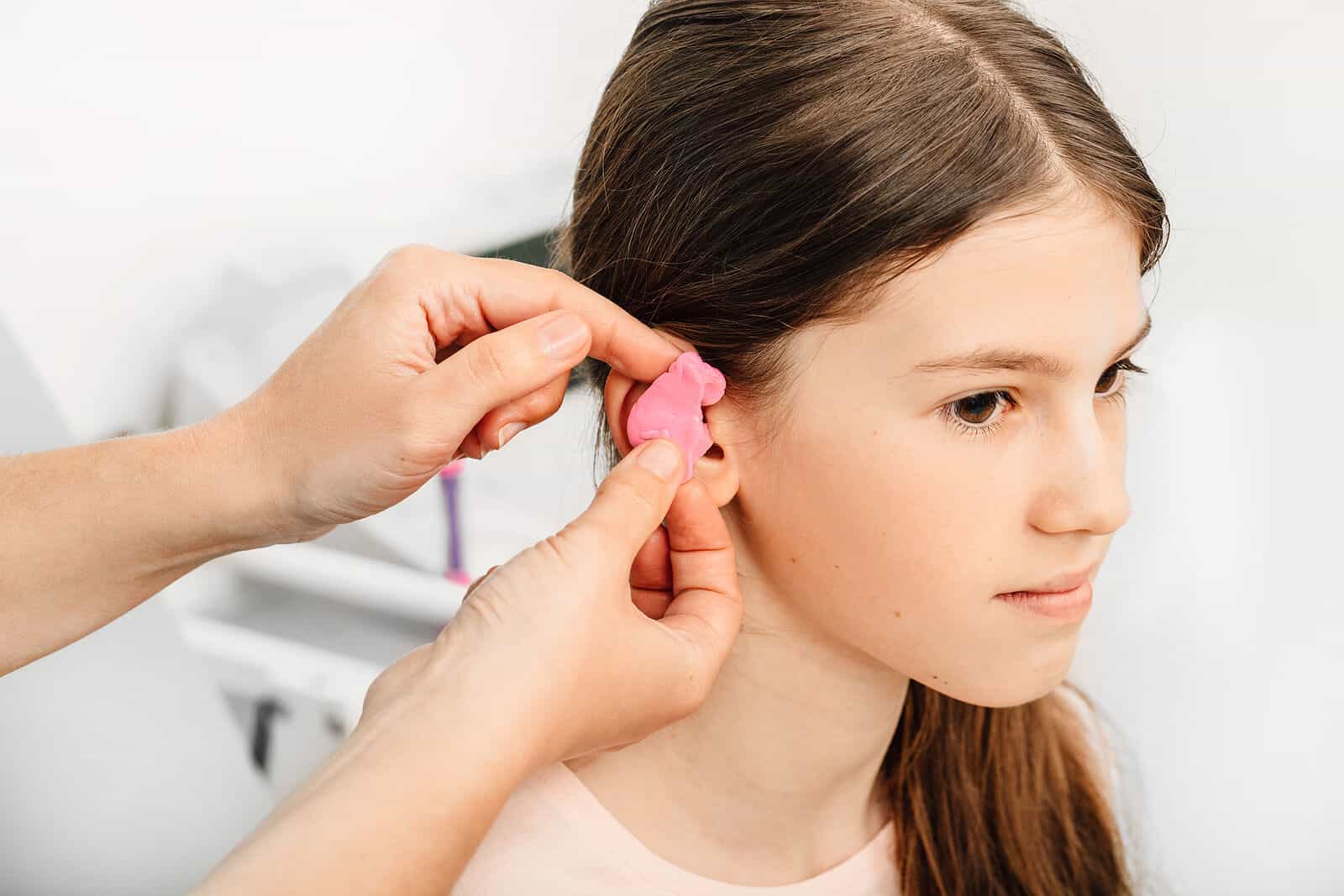
- Media Communities That Celebrate Hearing Loss - May 15, 2024
- How to Promote Hearing-Safe Habits in Your Kids - May 5, 2024
- Tips for Veterans Dealing With Hearing Loss - April 25, 2024
Promoting hearing-safe habits in children is essential for protecting their long-term hearing health and well-being. From minimizing exposure to loud noises to encouraging regular hearing health exams, there are many steps parents can take to instill healthy habits in their kids. Here’s how to promote hearing-safe habits in your children.
Educating About Noise-Induced Hearing Loss
The first step in promoting hearing-safe habits is educating your children about the risks of noise-induced hearing loss. Explain to them how exposure to loud noises, such as music concerts, fireworks, or power tools, can damage their hearing over time. Use age-appropriate language and examples to help them understand why protecting their ears is important for their overall health and well-being.
Setting a Positive Example
Children often learn by example, so it’s essential for parents to model hearing-safe habits themselves. Wear ear protection when engaging in activities that involve loud noises, such as mowing the lawn or attending sporting events, and encourage your children to do the same. By demonstrating the importance of protecting your ears, you can instill a sense of responsibility and awareness in your children from a young age.
Limiting Exposure to Loud Sounds
Minimizing exposure to loud noises is crucial for preventing noise-induced hearing loss in children. Set limits on the volume of electronic devices, such as smartphones, tablets, and video game consoles, and encourage your children to take regular breaks from listening to music or watching videos with headphones. Additionally, be mindful of the noise level in your home environment and take steps to reduce unnecessary sources of noise whenever possible.
Providing Hearing Protection
Equip your children with hearing protection whenever they participate in activities that involve loud noises, such as concerts, fireworks displays, or sporting events. Invest in quality earplugs or earmuffs designed specifically for children, and make sure they understand how to use them properly. Encourage them to keep their hearing protection with them at all times and to wear it whenever they anticipate exposure to loud sounds.
Encouraging Regular Hearing Health Exams
Regular hearing health exams are essential for monitoring your child’s hearing health and identifying any potential issues early on. Schedule annual exams with a hearing health professional to assess your child’s hearing abilities, screen for any signs of hearing loss, and discuss strategies for protecting their hearing. By making hearing health a priority from a young age, you can help ensure that your child maintains optimal hearing health throughout their life.
Fostering Open Communication
Encourage open communication with your children about their hearing health and any concerns or questions they may have. Create a supportive and non-judgmental environment where they feel comfortable discussing their experiences with noise exposure and any symptoms they may be experiencing, such as ringing in the ears or difficulty hearing. Be proactive in addressing any issues that arise and seek professional guidance from a hearing health professional if needed.
Promoting hearing-safe habits in children is essential for protecting their long-term hearing health and well-being. By educating them about the risks of noise-induced hearing loss, setting a positive example, limiting exposure to loud sounds, providing hearing protection, encouraging regular hearing health exams, and fostering open communication, parents can empower their children to take proactive steps to protect their hearing and enjoy a lifetime of healthy hearing.
